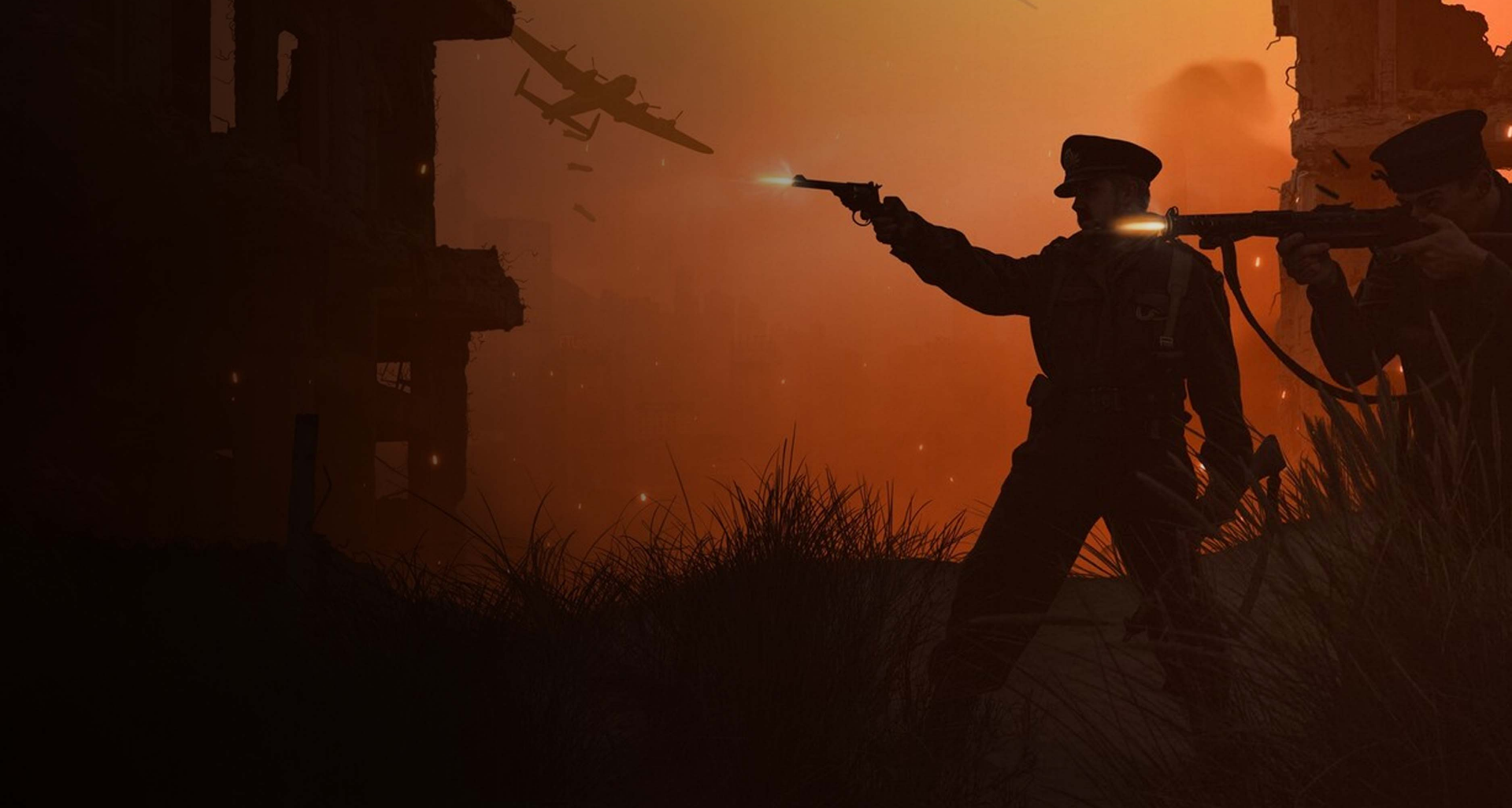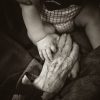Of all the destructive forces, wars are the ones that damage most of the areas of human civilization. Soldiers are not the only people who get killed because of war, the people living around them and the generations that are going to reside after them also get affected. It leaves unfathomable emotional and mental fear in the families that are left behind. It reshapes all the communities for generations to come. The idea of sacrifice ranges from physical bravery to emotional endurance. Families tolerate much of this unanticipated burden and the emotional toll of war is often as profound as the physical dangers faced by those in war.
The Unnoticed Sacrifices of Families
For families of soldiers, war is a constant exercise in patience and optimism. The parting away from loved ones can last for months and even years. It leads to mental strain and nervousness. For spouses, the absence of a companion means bearing the responsibilities of an entire family. Parents left behind must become both caregivers and workers. They deal with everyday life while breathing in the shadow of their potential loss. The doubt of not knowing when their loved one will reappear is a heavy burden.
In the emotional toll of war, children were the most affected ones. They might be confused about where his father might have gone. The absence of a parent in the initial years of childhood can create a stimulus of confusion and uncertainty that might affect them throughout their life.
The Killings of Soldiers
At a time when families tolerate emotional difficulties at home, soldiers on the other hand face their own mental challenges. The shock of observing death and destruction in reality can leave lasting emotional fears. For many soldiers, the war doesn’t end when they leave the battlefield it shadows them into civilian life till death.
The Ripple Consequence on Societies
The emotional cost of war-affected individual families. It also rippled through whole communities. Neighbors, schools, and workplaces frequently come together to support those people who are affected by the battle. The loss of multiple soldiers in a community can create a sense of collective grief. Communities often develop rituals or memorials to deal with those traumas.
Conclusion
War doesn’t only affect the soldiers; it affects the whole community. The emotional trauma of war, that resulted from separation, nervousness, and the shock of loss can be as weighty as the physical losses made on the battlefield. Supporting both the soldiers and their families who kept waiting for them is crucial to healing the emotional wounds left by war.




